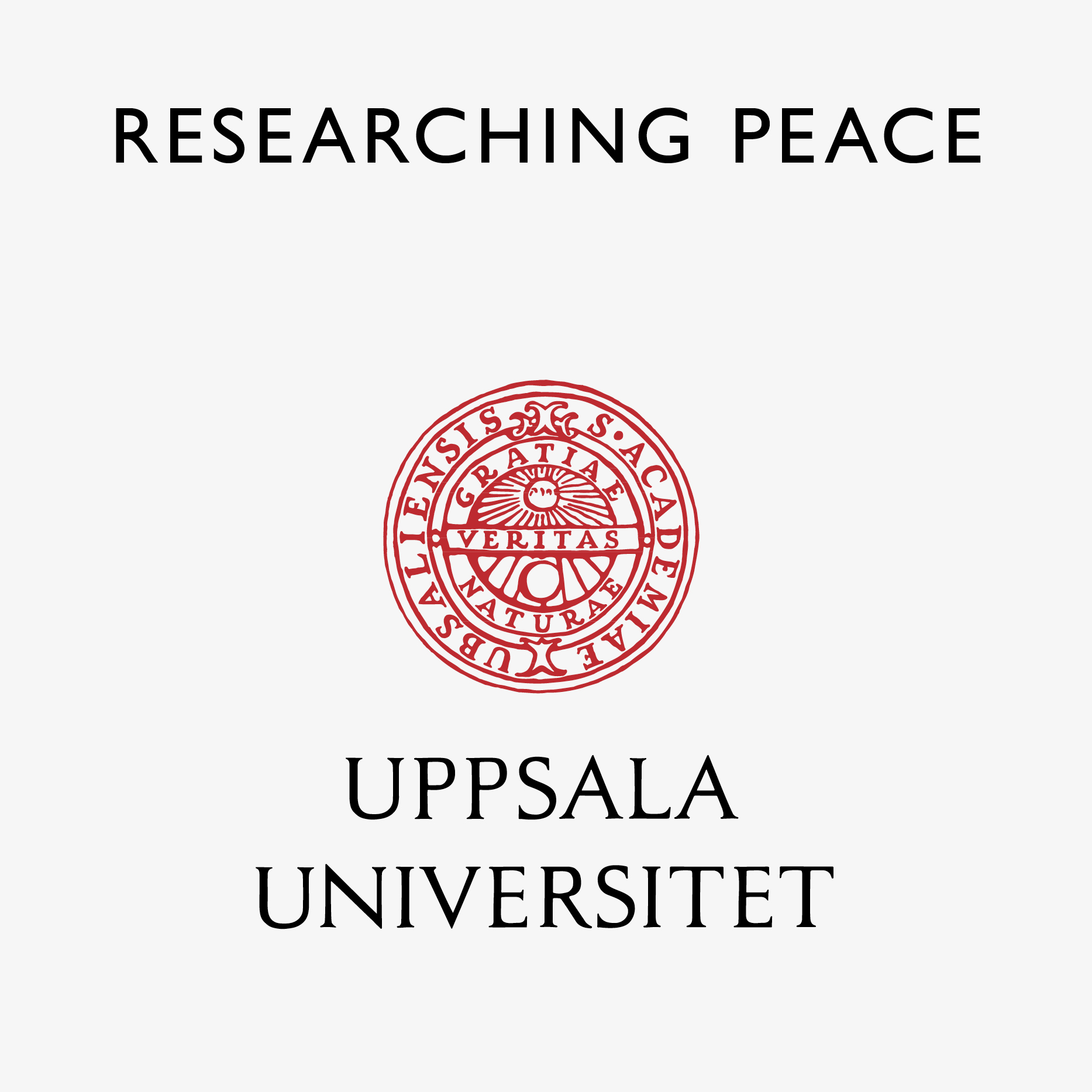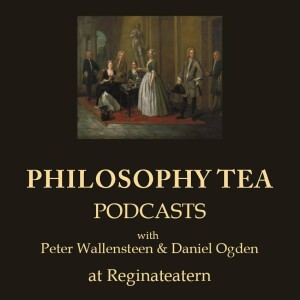

15.8K
Downloads
70
Episodes
Why do armed conflicts happen? How can we achieve lasting peace? In the Researching Peace podcast, you will meet the leading researchers in peace and conflict research and other experts in the field. Researching Peace is produced by the Department of Peace and Conflict Research at Uppsala University. Some episodes are produced in collaboration with the Alva Myrdal Centre for Nuclear Disarmament and focus on issues of nuclear disarmament and non-proliferation. The views expressed in the podcast are those of each contributor and do not represent the official position of either the University or the Department. More about us Department of Peace and Conflict Research - Uppsala University
Episodes

Tuesday Dec 29, 2020
Philosophy Tea - Mahatma Gandhi
Tuesday Dec 29, 2020
Tuesday Dec 29, 2020
In this Philosophy Tea we scrutinize the life, achievements and legacy of the icon of nonviolent action Mohandas K. Gandhi, better known as Mahatma Gandhi (1869-1948). His work began with Asian resistance against White rule in South Africa and led to a number of campaigns for India’s self-determination in the 1920s and 1930s, contributing to the country’s independence in 1947. In his book My life is My Message he summarised his thinking about nonviolence and its role in social change. Undoubtedly he is one of the most influential thinkers of the 20th century but at the same time remains enigmatic: not easy to follow or. We will attempt to illuminate some aspects of his life as well as his contribution to providing a role for the marginalised around the globe.
This episode of the Philosophy Tea, focusing on Mahatma Gandhi, was recorded and edited at Reginateatern, which also served as the host venue for the event on 5 October 2021.
Producer: Paul Kessel
The Philosophy Tea talks were held regularly at the Regina Theatre in Uppsala from 2014 to 2021. During these well attended events – where tea, scones and jam were served – Professor Peter Wallensteen and Guest Lecturer Daniel Ogden, both of Uppsala University, discussed thinkers who have contributed to our understanding of peace and justice. In all, 40 sessions were held, of which 31 are recorded. The session were also supported by Uppsala University as part of its outreach activities.
No comments yet. Be the first to say something!